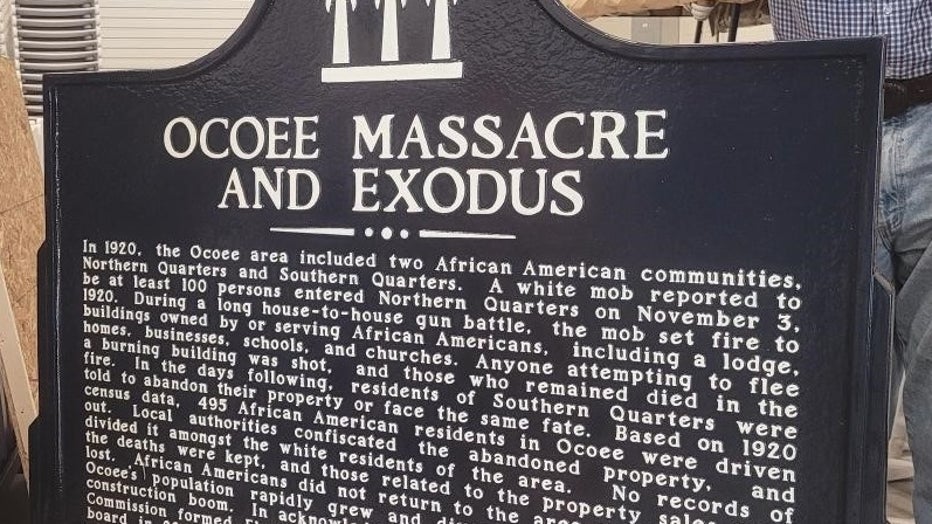In 1920, during the height of racial tension and discrimination in the United States, a courageous African American named Mose Norman dared to challenge the deeply ingrained prejudices of his time. Norman’s determination to exercise his right to vote would ignite a wave of violence and leave a lasting scar on the community.
In an era marked by voter suppression tactics aimed at preventing black citizens from participating in elections, Norman, like many others, saw voting as a symbol of equality and justice. However, the predominantly white residents of Ocoee were unwilling to accept such a challenge to the existing racial hierarchy. When Norman attempted to cast his ballot on Election Day, tensions erupted into violence. A white mob descended upon the African American neighborhood, leaving destruction and death in its wake.
Accounts detail the horrifying events from survivors, witnesses, and historical records preserving that fateful day. Black homes, churches, and businesses were set ablaze, families were displaced, and lives were lost. It is estimated 50 to 60 African Americans lost their lives in the week long siege. Among the dead was July Perry. Perry gave Norman shelter while he was being hunted by whites from Ocoee. Perry while trying to flee was caught and lynched. His bullet riddled body left hanging on the side of the road.
The Ocoee Massacre was a stark reminder of the deep-seated racism that plagued American society and the lengths to which some would go to suppress the voices of those seeking equality.
The aftermath of the massacre was equally tragic. The white residents of Ocoee, determined to maintain their dominance, imposed a reign of terror on the black community. African Americans were driven out of the town, forced to leave behind their homes and livelihoods. It is estimated that 500 African American were forced to flee. The scars left by the Ocoee Massacre would persist for decades, leaving an indelible mark on the collective memory of the community.
This is another dark chapter in American history, reminding us of the struggles faced by African Americans in their fight for equality and the sacrifices made by individuals like Mose Norman. It serves as a poignant reminder of the importance of safeguarding the right to vote, the power of collective action, and the enduring legacy of racial violence.
